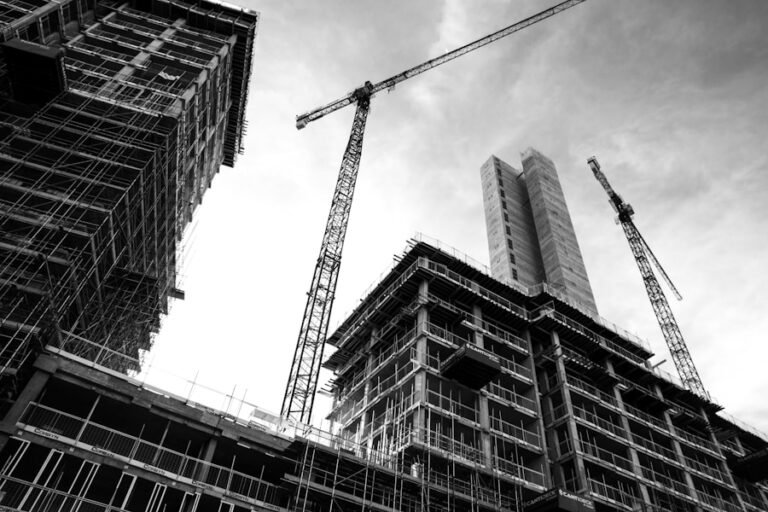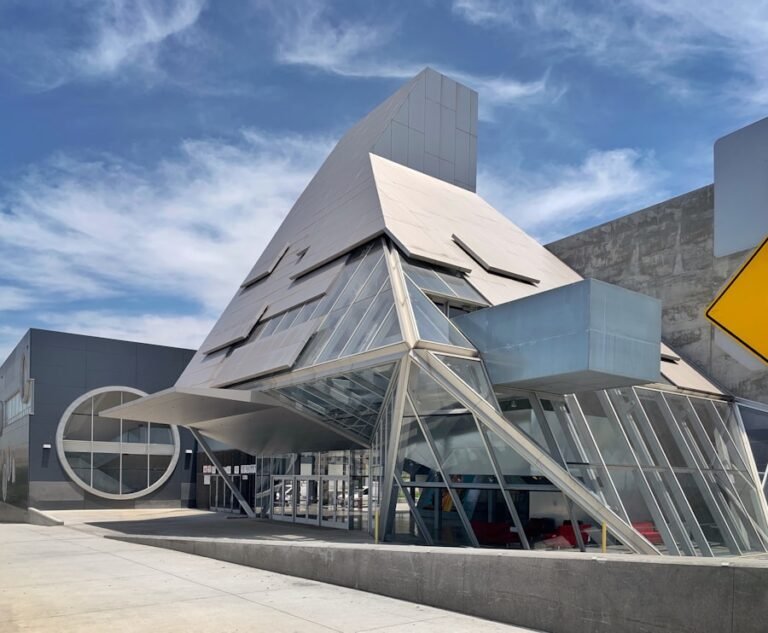Bali, often referred to as the “Island of the Gods,” is a tropical paradise known for its stunning natural beauty, rich cultural heritage, and vibrant arts scene. From its lush rice terraces and pristine beaches to its ancient temples and traditional dance performances, Bali has long been a magnet for tourists seeking a taste of exoticism and tranquility. However, the rapid pace of urban development in recent years has posed significant challenges to the preservation of Bali’s unique cultural heritage. As the island grapples with the pressures of modernization, it is crucial to find a balance between economic progress and the protection of Bali’s cultural identity.
The allure of Bali lies in its ability to seamlessly blend the old with the new, the traditional with the modern. Its cultural heritage is deeply rooted in Hindu traditions, which are reflected in its architecture, rituals, and daily way of life. However, the influx of tourists and foreign investment has led to rapid urbanization, resulting in the loss of traditional landscapes and the erosion of local customs. As Bali continues to evolve, it is essential to address the impact of urban development on its cultural heritage and explore strategies for preserving its unique identity.
The Impact of Urban Development on Bali’s Cultural Heritage
The rapid urban development in Bali has had a profound impact on the island’s cultural heritage. As more hotels, resorts, and commercial establishments are built to accommodate the growing number of tourists, traditional villages and landscapes are being transformed or even demolished. The construction of modern infrastructure such as roads and utilities has also altered the natural environment, leading to deforestation, pollution, and loss of biodiversity. Additionally, the influx of foreign influences has led to changes in local customs and traditions, as younger generations are increasingly drawn to Western lifestyles and values.
Furthermore, the commodification of Balinese culture for tourism purposes has led to a loss of authenticity and integrity. Traditional arts and crafts are often mass-produced for commercial gain, diluting their cultural significance and artistic value. The commercialization of religious ceremonies and rituals has also raised concerns about their authenticity and spiritual meaning. As a result, there is a growing sense of urgency to address the impact of urban development on Bali’s cultural heritage and find ways to protect and preserve its unique identity for future generations.
Strategies for Balancing Urban Development and Cultural Preservation
Finding a balance between urban development and cultural preservation in Bali is a complex and multifaceted challenge that requires a holistic approach. One strategy is to promote sustainable development practices that prioritize environmental conservation and community engagement. This can be achieved through the implementation of green building standards, renewable energy initiatives, and responsible waste management practices. By integrating sustainable principles into urban planning and development, Bali can minimize its ecological footprint while preserving its natural beauty and cultural heritage.
Another strategy is to promote responsible tourism practices that respect and support local communities. This can be achieved through the promotion of authentic cultural experiences, such as traditional dance performances, temple visits, and village tours. By encouraging tourists to engage with local artisans, farmers, and craftsmen, Bali can create economic opportunities for its residents while preserving its cultural traditions. Additionally, promoting ethical tourism practices that prioritize environmental conservation and cultural sensitivity can help mitigate the negative impact of mass tourism on Bali’s cultural heritage.
The Role of Local Communities in Preserving Bali’s Cultural Heritage
Local communities play a crucial role in preserving Bali’s cultural heritage, as they are the custodians of traditional knowledge, customs, and practices. By empowering local communities to take an active role in cultural preservation efforts, Bali can ensure that its unique identity is safeguarded for future generations. One way to achieve this is through community-based tourism initiatives that provide economic opportunities for local residents while promoting cultural exchange and understanding. By involving local communities in the development and management of tourism activities, Bali can ensure that its cultural heritage is respected and preserved.
Furthermore, supporting local artisans and craftsmen is essential for preserving Bali’s traditional arts and crafts. By providing training, resources, and market access to local artisans, Bali can ensure that traditional skills and techniques are passed down through generations. Additionally, promoting community-based initiatives such as cultural festivals, workshops, and educational programs can help raise awareness about the importance of preserving Bali’s cultural heritage. By fostering a sense of pride and ownership among local communities, Bali can ensure that its cultural traditions continue to thrive in the face of urban development pressures.
Sustainable Tourism and its Role in Preserving Bali’s Paradise
Sustainable tourism plays a crucial role in preserving Bali’s natural beauty and cultural heritage. By promoting responsible travel practices that prioritize environmental conservation and cultural sensitivity, Bali can minimize the negative impact of mass tourism on its fragile ecosystems and traditional way of life. One way to achieve this is through the promotion of eco-friendly accommodations, such as eco-resorts, homestays, and sustainable lodges that prioritize energy efficiency, waste reduction, and local sourcing. By supporting sustainable tourism initiatives, Bali can create economic opportunities for local communities while preserving its natural resources.
Additionally, promoting authentic cultural experiences that highlight Bali’s traditional arts, crafts, and rituals can help raise awareness about the importance of preserving its cultural heritage. By encouraging tourists to engage with local communities and support traditional artisans, Bali can create meaningful connections between visitors and residents while promoting cultural exchange and understanding. Furthermore, promoting responsible tourism practices that prioritize ethical wildlife encounters, such as dolphin watching tours or elephant sanctuaries, can help protect Bali’s biodiversity while providing educational opportunities for tourists.
Government Policies and Initiatives to Protect Bali’s Cultural Heritage
The government plays a crucial role in protecting Bali’s cultural heritage through the implementation of policies and initiatives that prioritize environmental conservation and community engagement. One way to achieve this is through the enforcement of zoning regulations that protect traditional villages, landscapes, and sacred sites from commercial development. By designating certain areas as cultural heritage zones or protected areas, Bali can ensure that its unique identity is safeguarded from urbanization pressures. Additionally, promoting sustainable development practices through incentives such as tax breaks or grants can encourage businesses to adopt environmentally friendly practices.
Furthermore, investing in infrastructure improvements such as public transportation systems, waste management facilities, and renewable energy initiatives can help minimize the negative impact of urban development on Bali’s natural environment. By prioritizing sustainable infrastructure projects that prioritize environmental conservation and community well-being, the government can ensure that Bali’s cultural heritage is preserved for future generations. Additionally, promoting educational programs that raise awareness about the importance of preserving Bali’s cultural heritage can help foster a sense of pride and ownership among local communities.
The Future of Bali: Balancing Development and Cultural Preservation
The future of Bali hinges on finding a balance between urban development and cultural preservation that prioritizes environmental conservation and community well-being. By promoting sustainable development practices that minimize the negative impact on Bali’s natural environment while creating economic opportunities for local communities, the island can ensure that its unique identity is safeguarded for future generations. Additionally, promoting responsible tourism practices that prioritize ethical wildlife encounters, authentic cultural experiences, and community-based initiatives can help mitigate the negative impact of mass tourism on Bali’s fragile ecosystems and traditional way of life.
Furthermore, empowering local communities to take an active role in preserving their cultural heritage through community-based tourism initiatives, educational programs, and support for traditional artisans is essential for ensuring that Bali’s unique identity continues to thrive in the face of urban development pressures. By fostering a sense of pride and ownership among local communities, Bali can ensure that its traditional knowledge, customs, and practices are passed down through generations. Ultimately, finding a balance between economic progress and cultural preservation is essential for securing a sustainable future for Bali as a tropical paradise that respects its natural beauty and rich cultural heritage.











